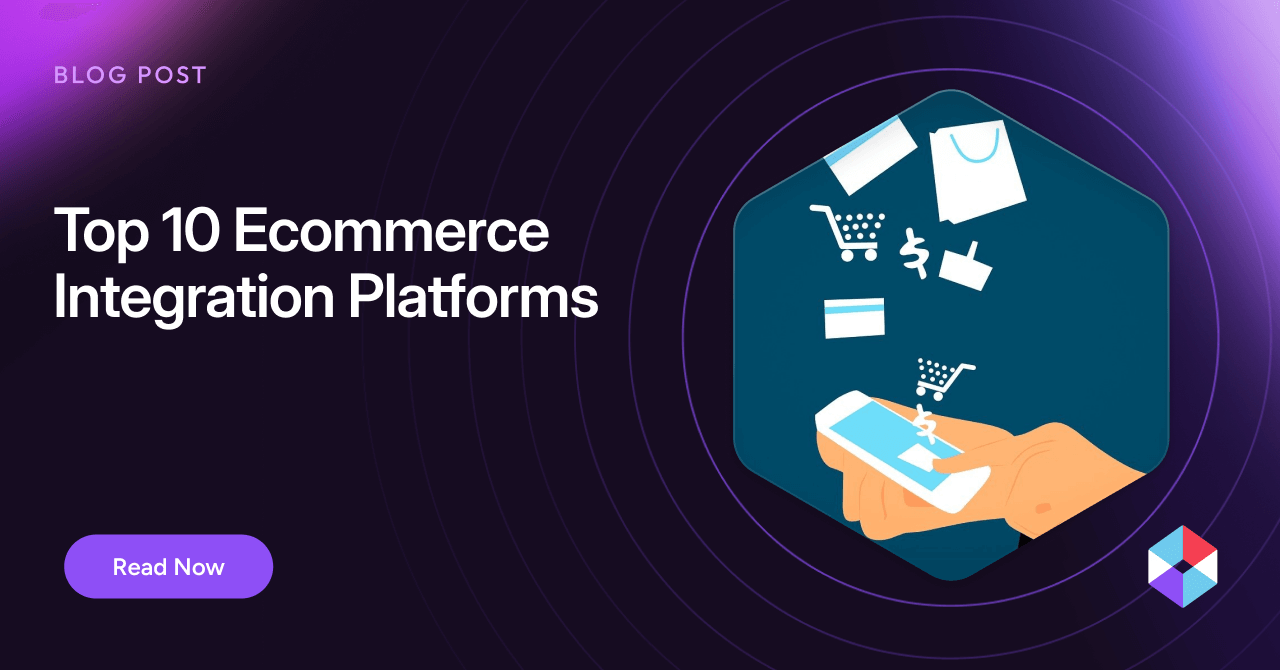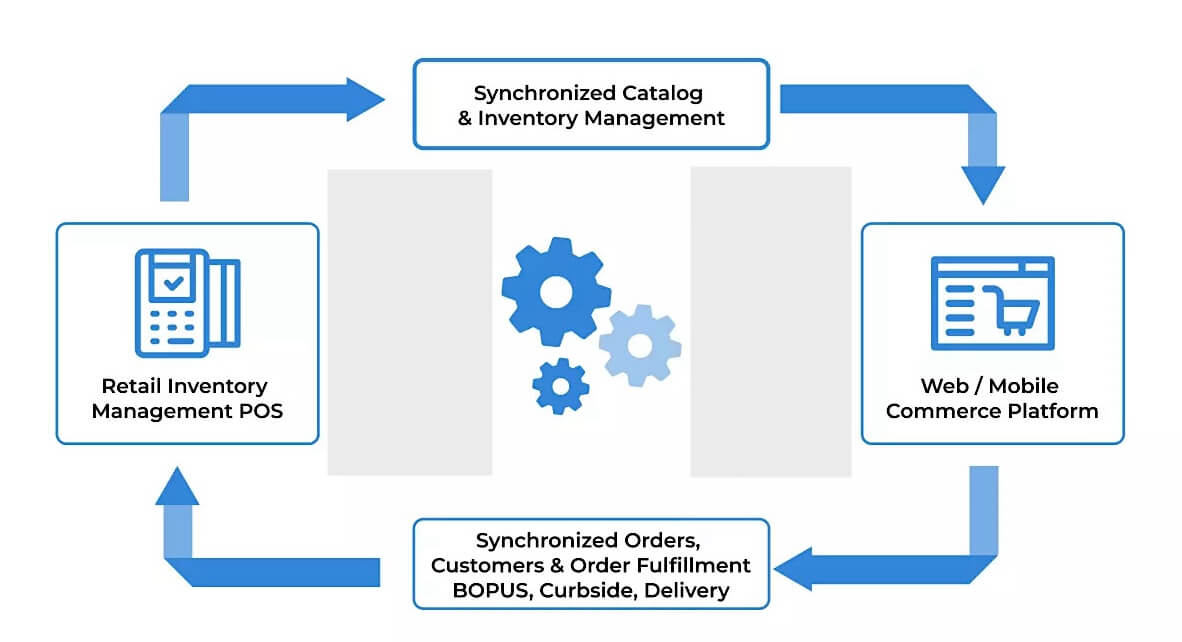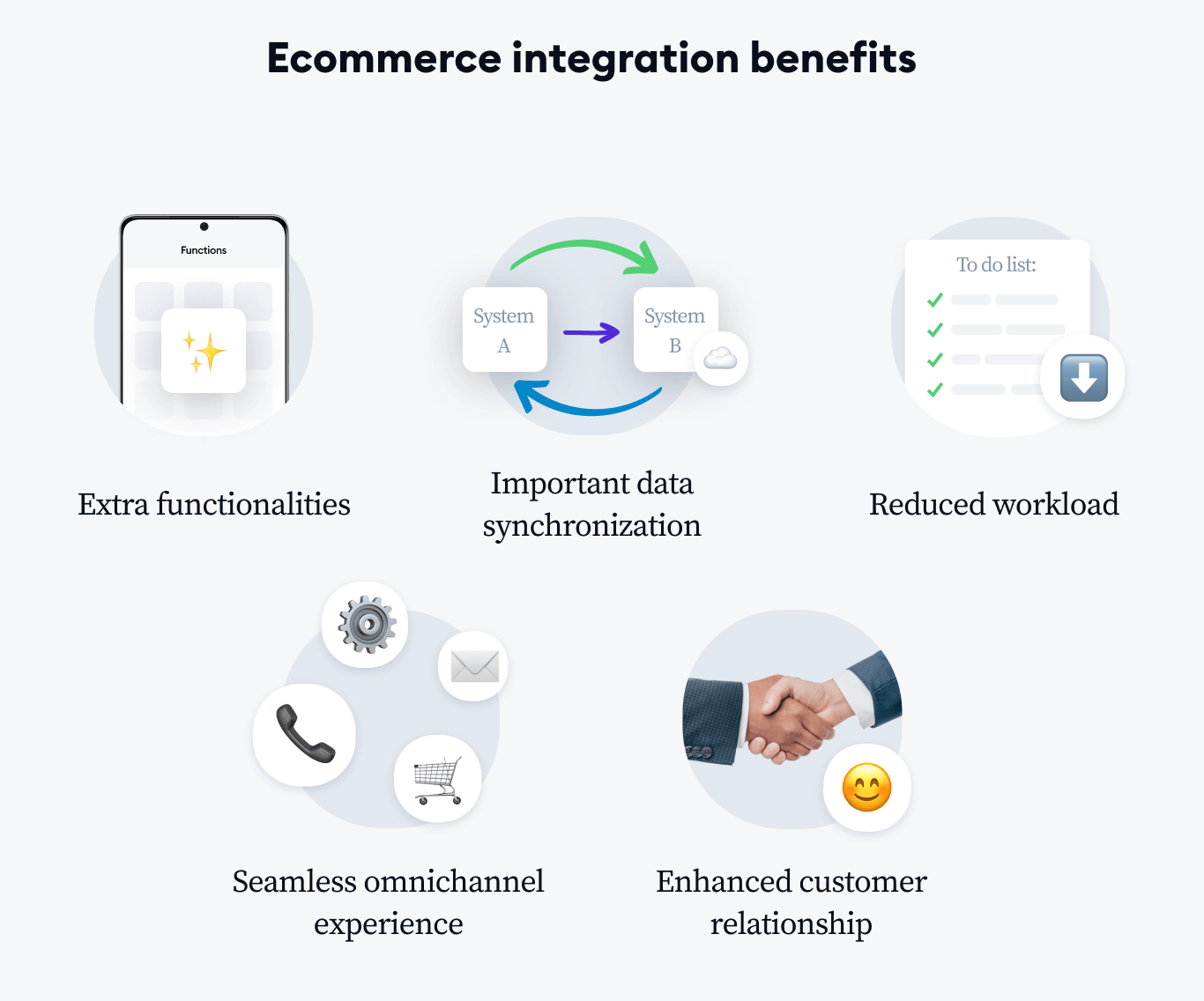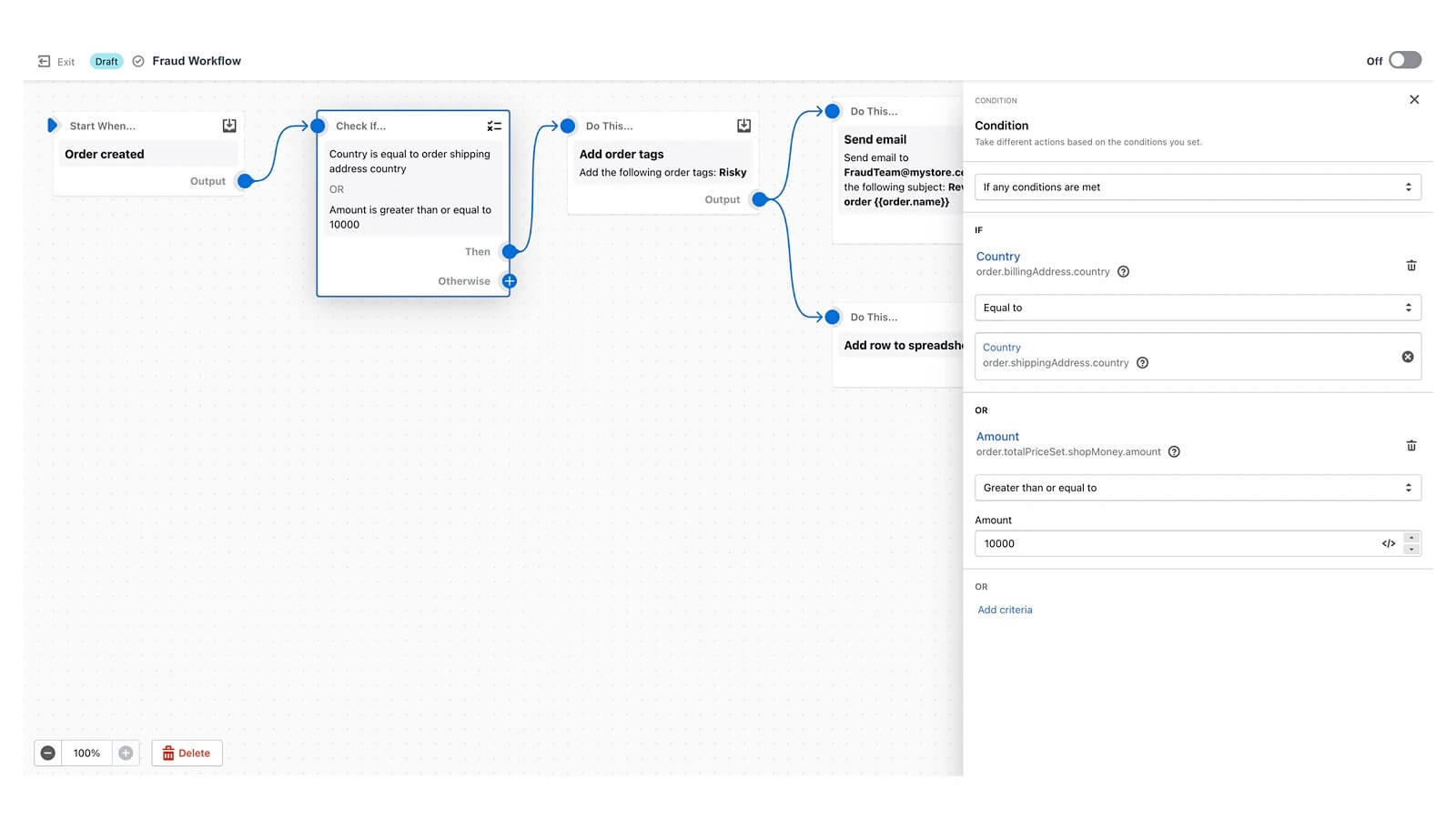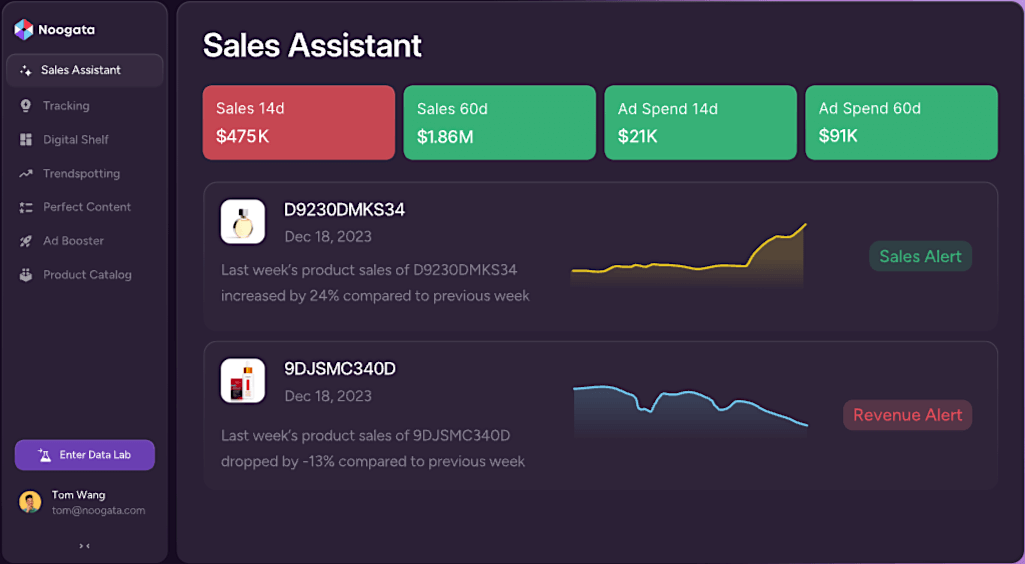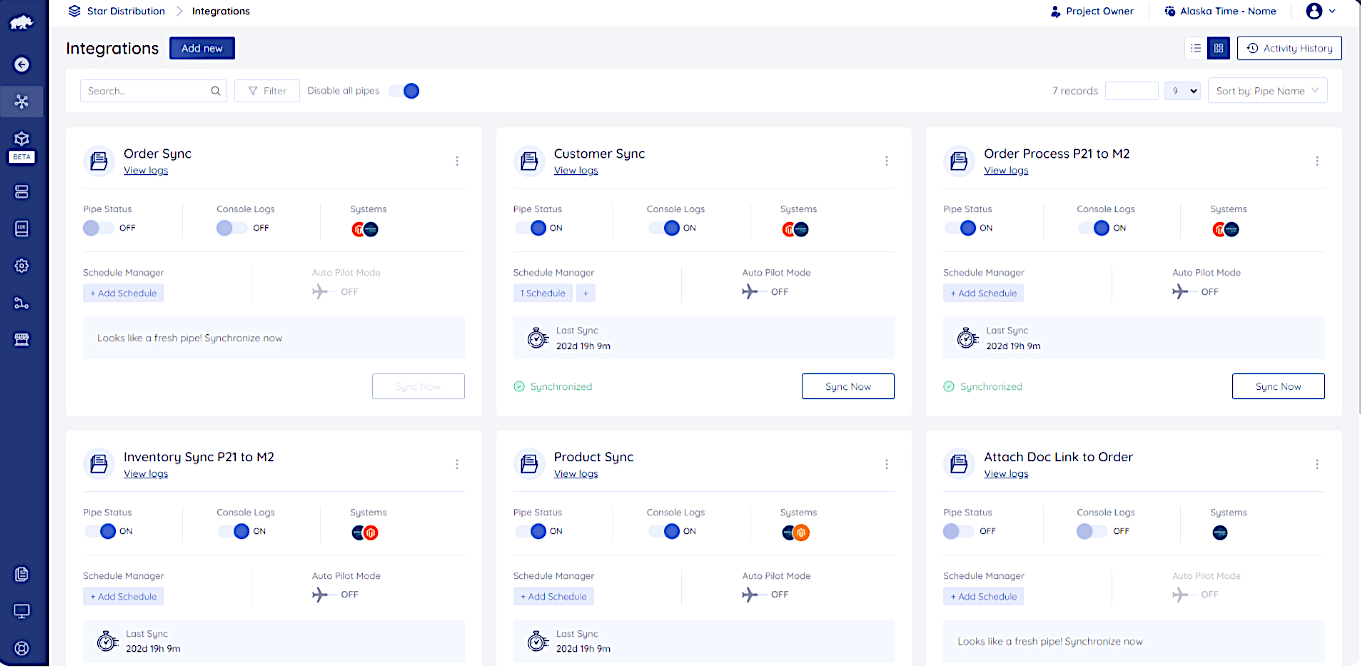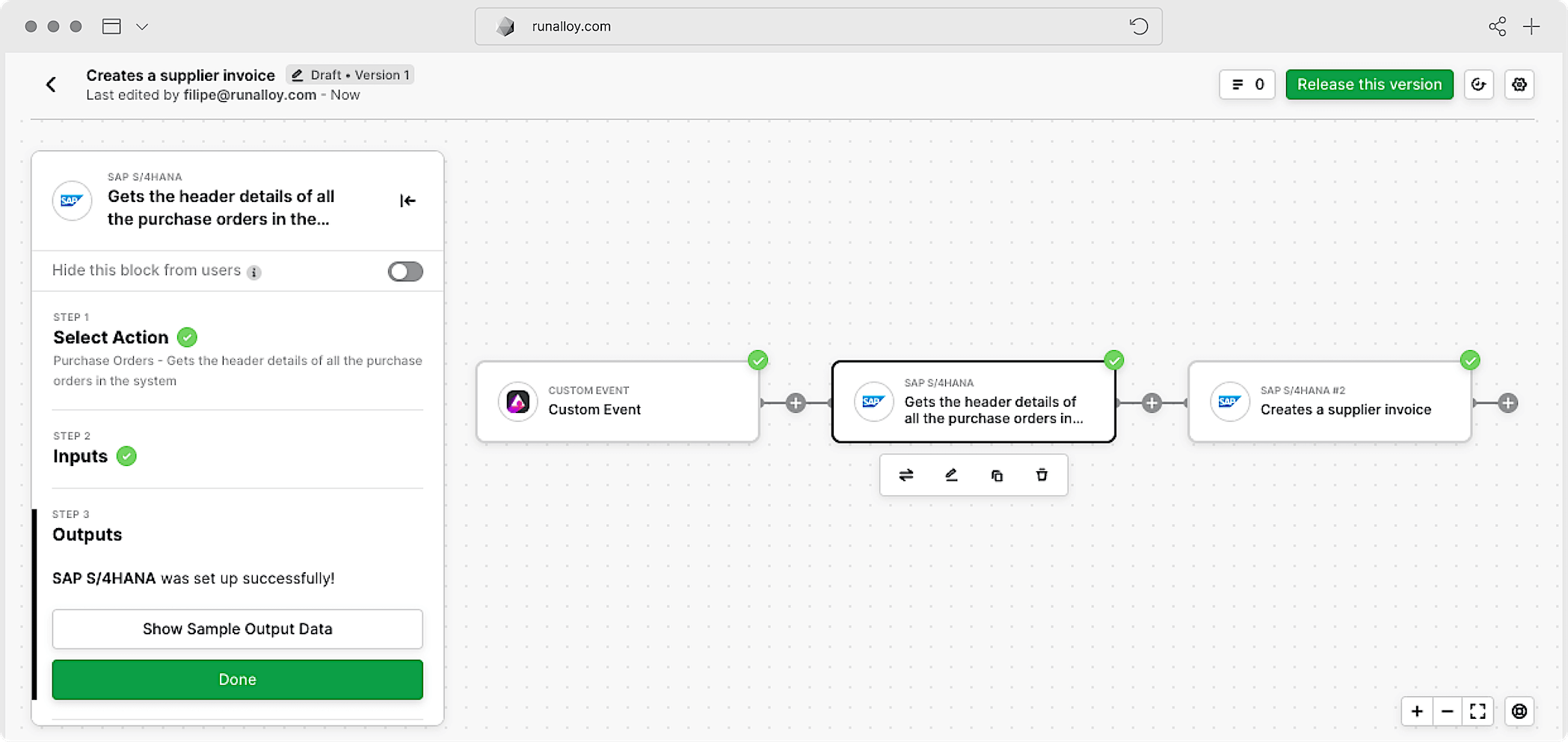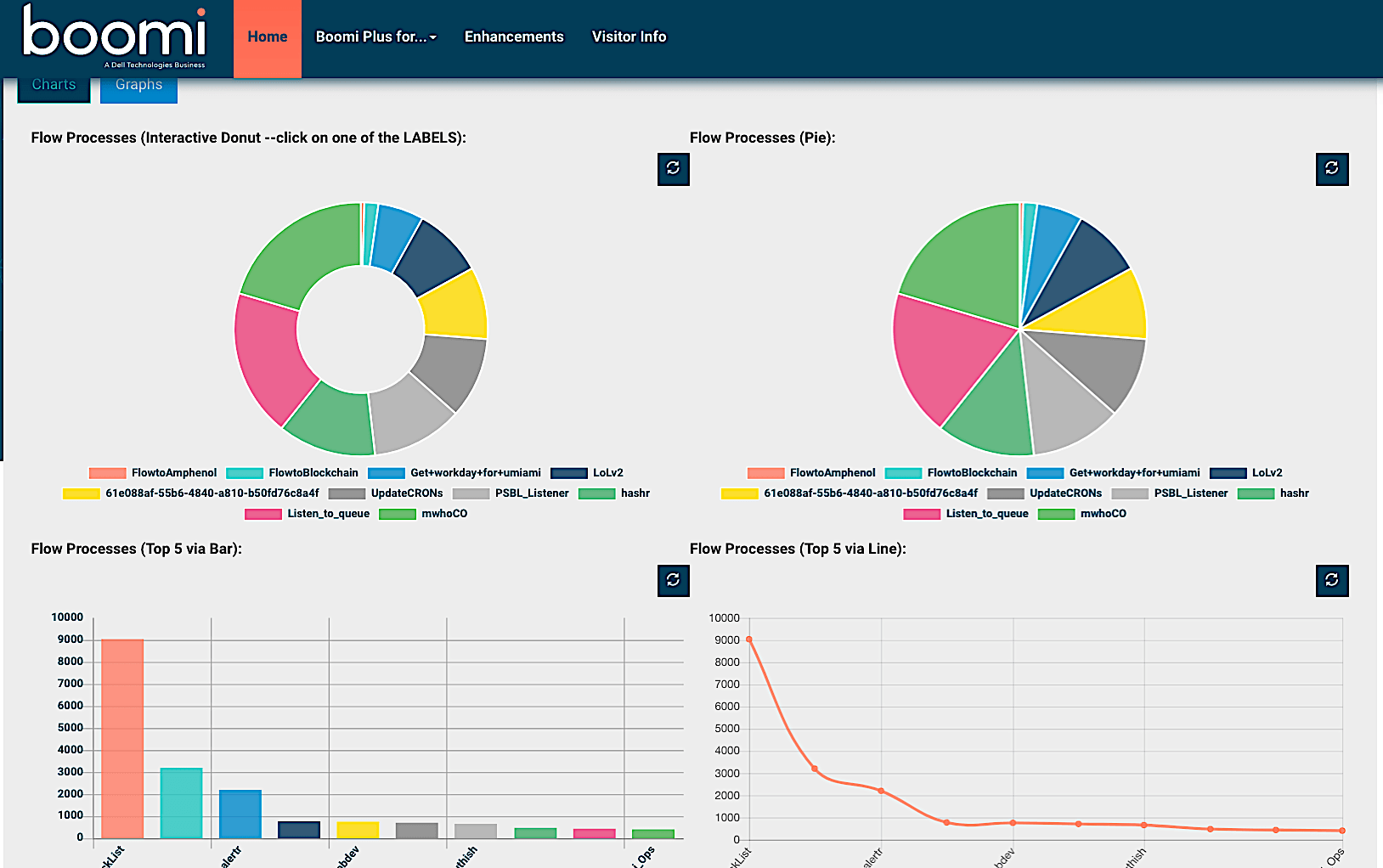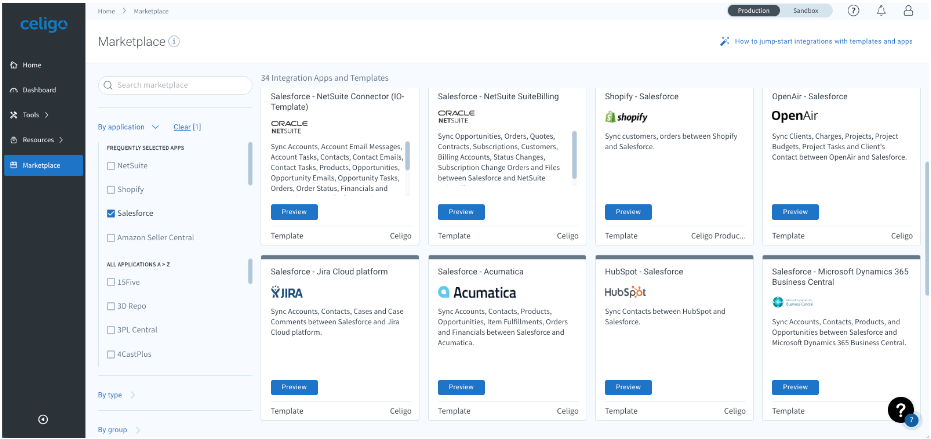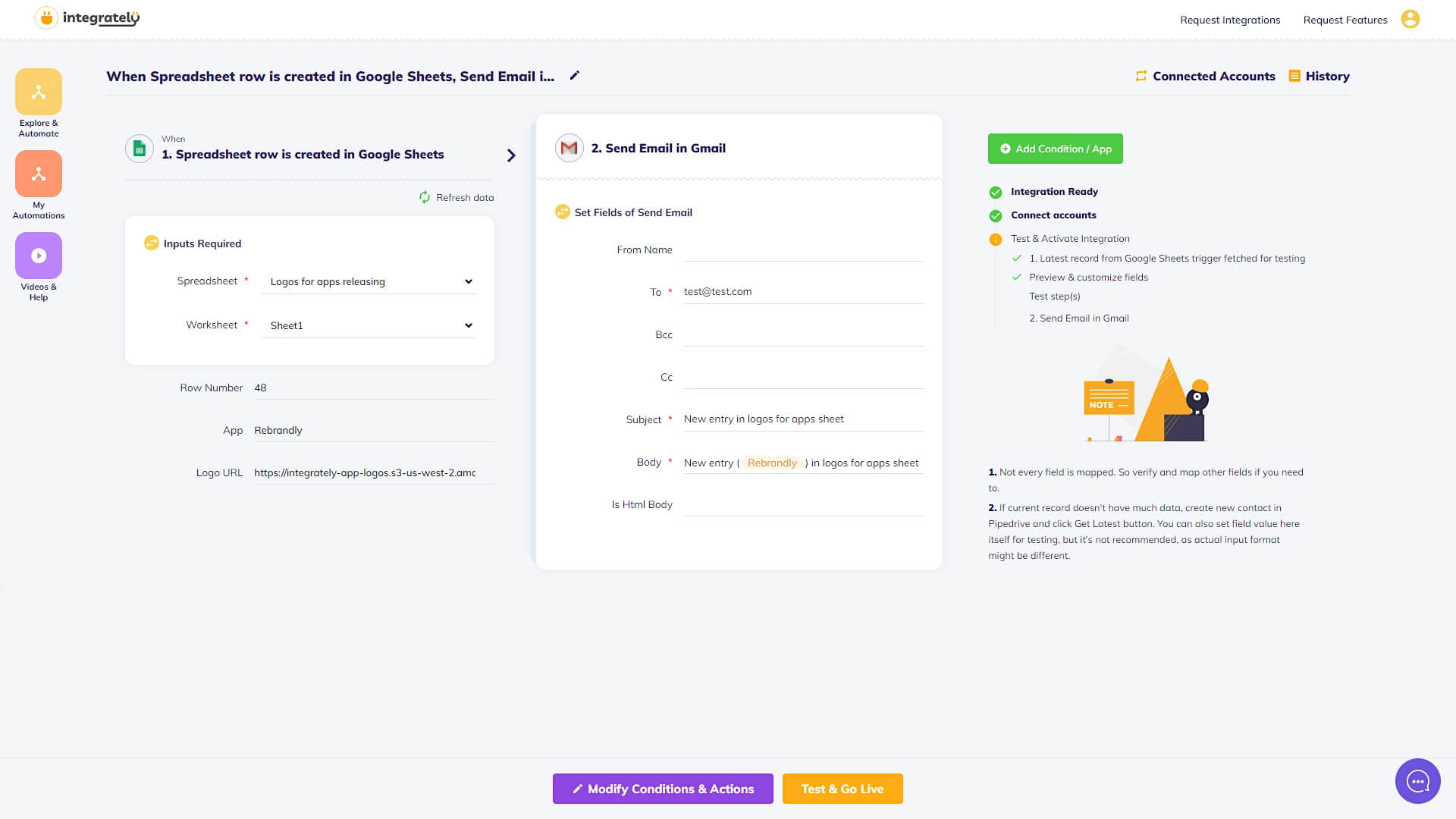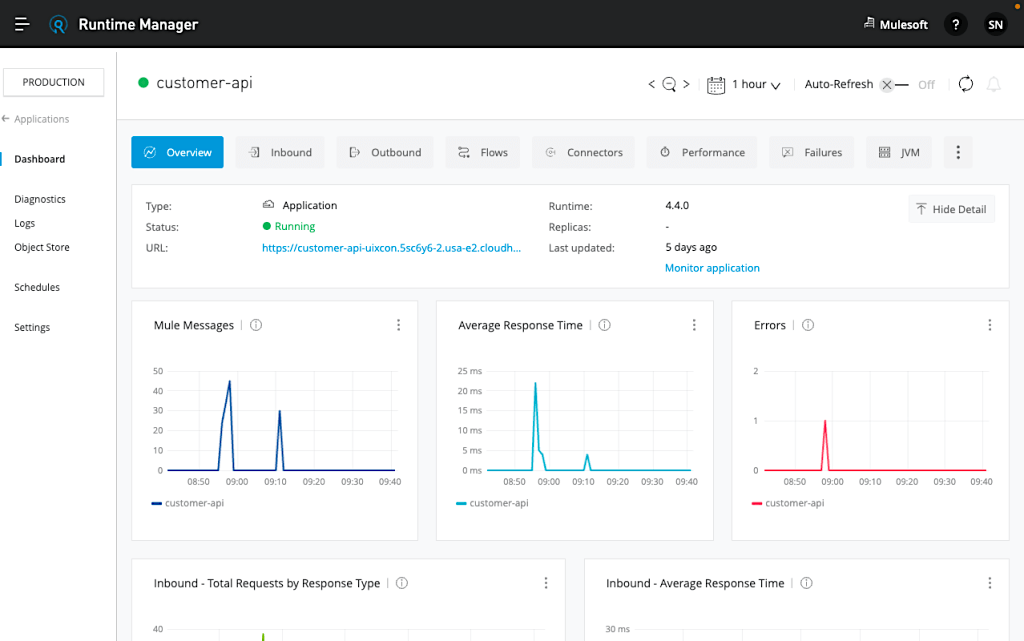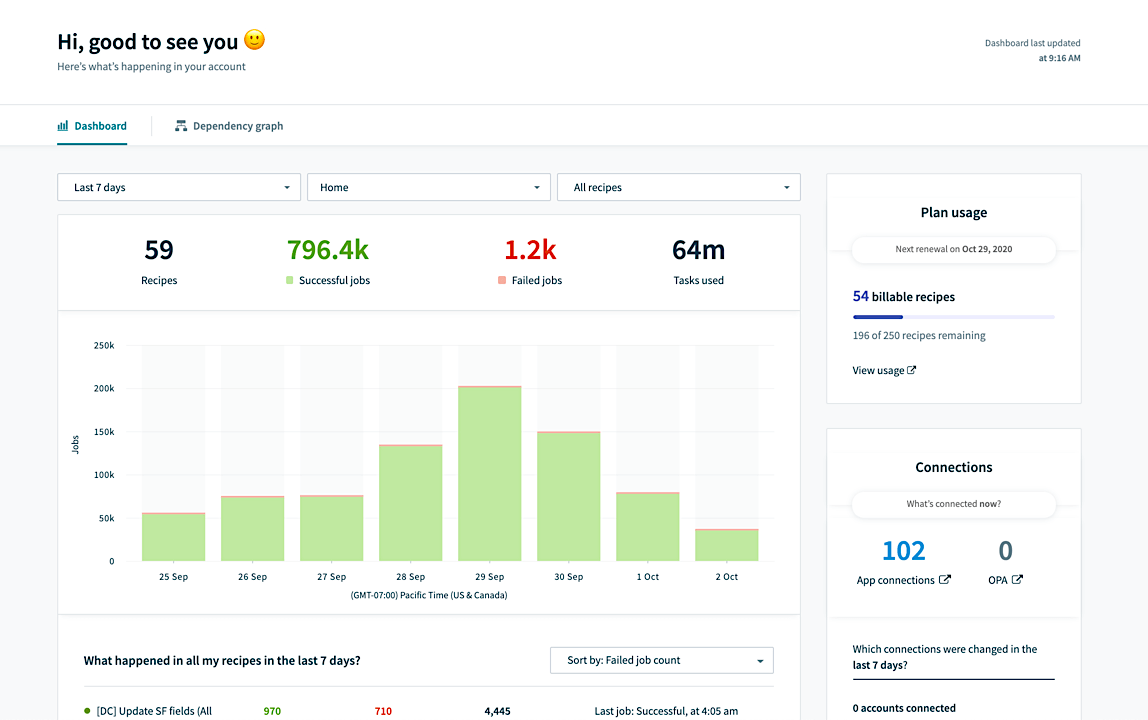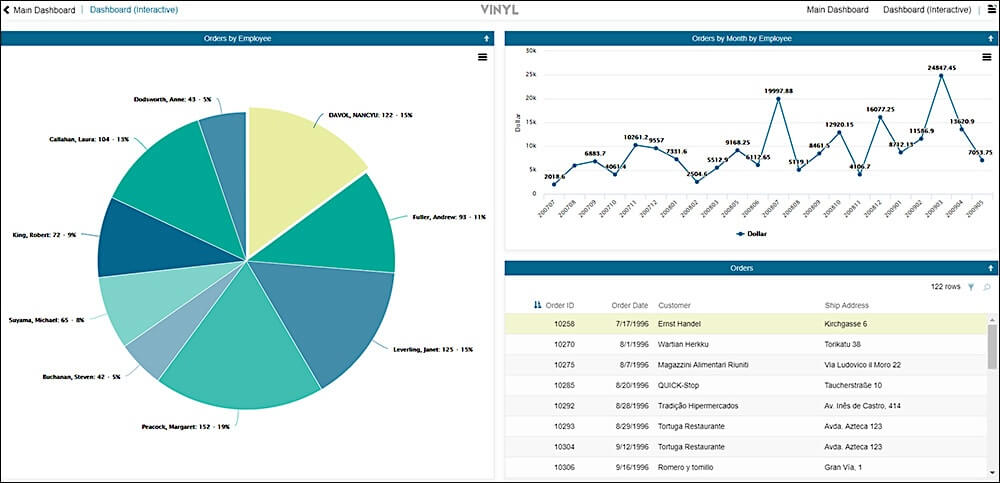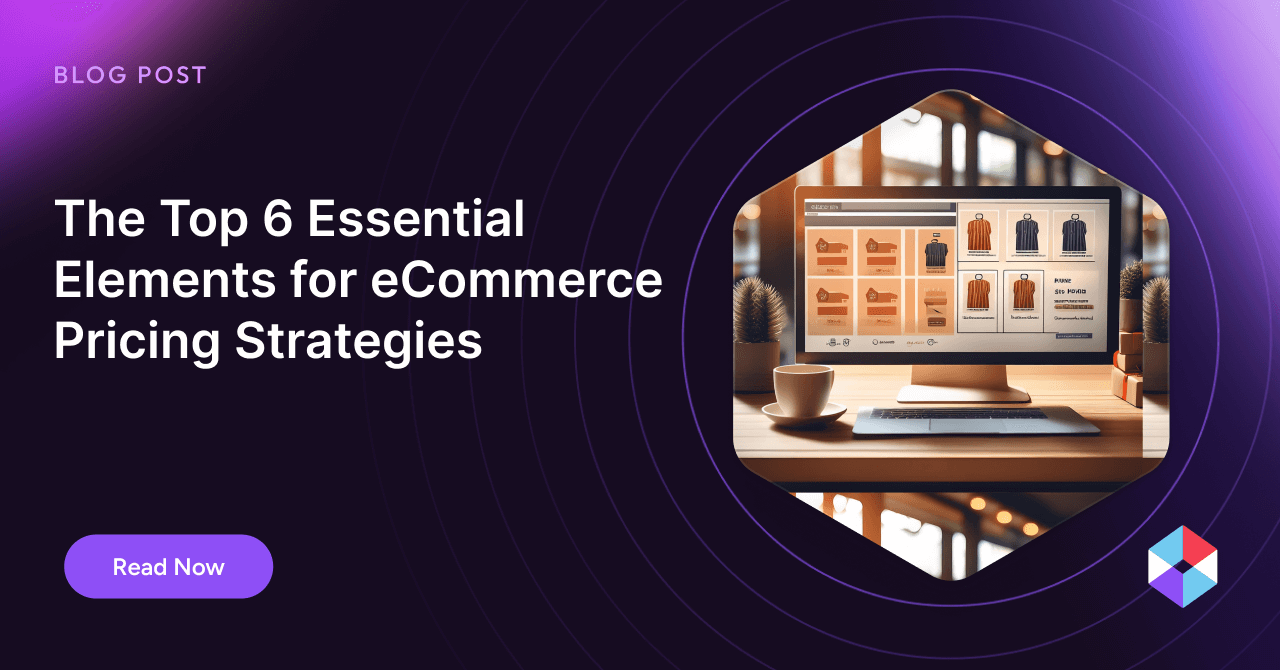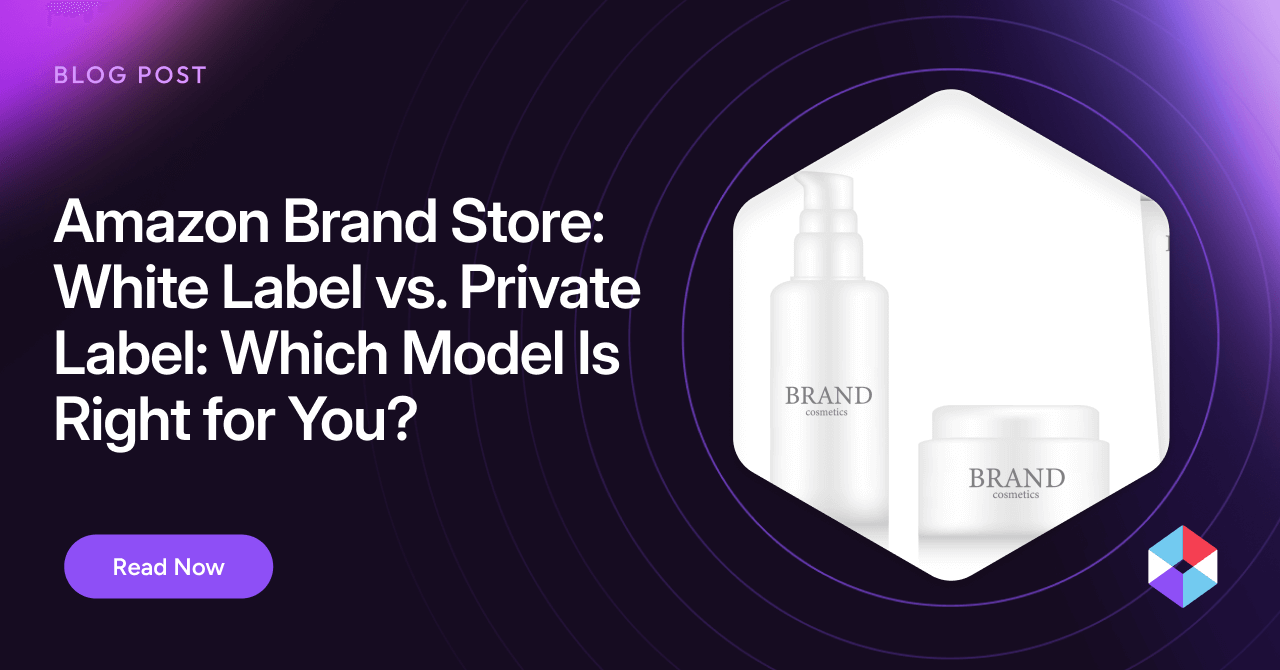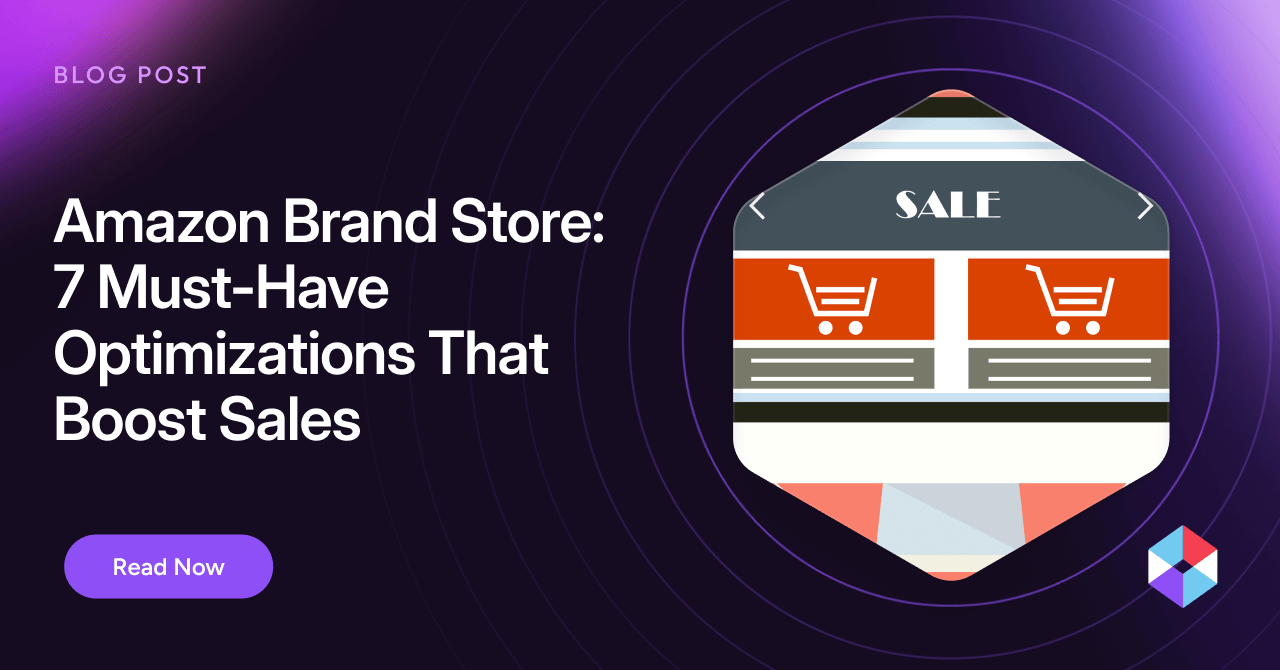The eCommerce landscape has exploded in recent years, with more channels, more customers, and more complexity than ever before. Today’s consumers demand seamless shopping experiences, whether they’re browsing on Amazon, visiting your online store, or scrolling through social media. This surge in multi-channel shopping has created unique challenges for eCommerce businesses.
An industry study found that 43% of retailers use more than four tools to manage all their sales channels, fulfillment, and inventory—highlighting the ongoing struggle to keep up with the demands of selling across multiple channels. To stay ahead of the competition and increase profitability, it’s essential to streamline operations, optimize inventory, and make data-driven decisions. This is where eCommerce integration platforms come into play.
These powerful tools connect your various eCommerce systems, automate processes, and provide a centralized view of your business. Let’s explore the best eCommerce integration platforms that can improve your operational management so you can focus on creating great products and growing sales.
Jump to:
What are eCommerce integration platforms?
Managing a vast product catalog and selling across multiple channels can create complexities for eCommerce businesses. You can wind up with fragmented data, manual processes, and siloed operations that impede your organization’s efficiency and growth.
Fortunately, eCommerce integration platforms provide a solution to these issues by seamlessly connecting disparate systems and acting as a central hub for your operations. The software integrates various platforms such as Amazon, Walmart, your online store, and accounting software to ensure a smooth flow of information across your entire eCommerce ecosystem.
Through automation and data synchronization, these platforms eliminate manual data entry, reduce errors, and free valuable time for your team. This enables your business to focus on strategic initiatives, optimize inventory management, and deliver exceptional customer experiences across all channels.
Types of Ecommerce Integration Platforms
There are three main types of eCommerce integration platforms:
1. Custom-built Integrations
These are one-off, tailor-made solutions designed to link your system with another service. They offer the highest level of customization and flexibility, but they can also be the most expensive and time-consuming to develop.
2. Middleware Solutions (iPaaS)
Integration platforms as a service (iPaaS) are pre-built connectors that act as intermediary layers to simplify the integration process. They are less customizable than tailor-made integrations, but they are also faster and more affordable to implement.
3. Add-on Integrations
Pre-made, off-the-shelf SaaS integrations that come in the form of apps or extensions are the easiest and most affordable to implement. However, they may not offer the same level of customization or functionality as other types of integrations.
Benefits of Ecommerce Integration Platforms
The key benefits of eCommerce integration platforms include:
- Streamlined Operations – Automate tasks, reduce errors, and free up valuable time for strategic initiatives.
- Improved Inventory Management – Get real-time visibility into inventory levels across all sales channels, ensuring accurate stock counts and preventing overselling or stockouts.
- Enhanced Customer Experience – Personalize marketing campaigns, integrate data with social media, offer targeted promotions, and provide exceptional customer service.
- Data-Driven Decision Making – Consolidate data from multiple sources to get insights into customer behavior, sales trends, and product performance, enabling informed decisions.
- Increased Sales and Revenue – Expand your reach across multiple sales channels, streamline operations, and fulfill orders quickly and efficiently.
- Scalability and Growth – Easily adapt to your changing needs as your business grows and expands.
- Time and Budget Savings – Automate manual processes, reduce errors, and optimize inventory levels to save on labor costs and minimize waste.
Key Features of Ecommerce Integration Platforms
When choosing an eCommerce integration platform for your business, first consider your needs and budget, then look for these key features:
- Centralized Dashboard – Employs a user-friendly interface that provides a single view of all your integrated systems, which allows you to manage orders, inventory, and customer data from one place.
- Real-Time Data Synchronization – Ensures that data is automatically synced between your various platforms, eliminating the need for manual updates and reducing the risk of errors.
- Multi-Channel Integration – Support for a wide range of eCommerce platforms, marketplaces, and channels allows you to expand your reach and streamline operations across all your sales channels.
- Order Management – Automated order processing, fulfillment, and tracking reduces manual labor and ensures timely delivery.
- Inventory Management – Tracks inventory levels across all channels, automates stock replenishment, and prevents overselling or stockouts.
- Product Information Management (PIM) – Centralizes product data, including descriptions, images, and pricing, to ensure consistency across all sales channels.
- Customer Relationship Management (CRM) – Integrates customer data from various sources to gain an overall view of your customers and personalize their experience.
- Analytics and Reporting – Generates reports on sales, inventory, customer behavior, and other important metrics to make data-driven decisions and optimize your business.
- Scalability and Flexibility – Choose a platform that grows with your business by accommodating new sales channels, products, and markets.
Top 10 Ecommerce Integration Platforms
Add-on Integrations
1. Shopify Flow
Shopify Flow is a native automation tool designed specifically for Shopify stores. It enables merchants to create custom workflows to automate repetitive tasks, manage inventory, and personalize customer experiences without any coding knowledge. With its visual workflow builder and a variety of prebuilt triggers and actions, Shopify Flow simplifies automation for both simple and complex tasks.
Best for: Existing Shopify merchants
Price: Free
Review: “The intuitive low-code editor makes it easy to build unique automations tailored to my specific needs.”
2. Noogata
Noogata is an all-in-one analytics solution for Amazon eCommerce businesses to harmonize, enrich, and extract insights from the marketplace. It empowers brands and sellers on Amazon with AI-driven insights to optimize pricing, inventory management, marketing, and competitor analysis.
Key features include Assortment Intelligence, Search Trendspotting, Price Pack Architecture, and Digital Shelf optimization. There are also tools to boost ad campaigns and perfect your product listing content, along with an AI Amazon assistant.
Best for: Leading CPGs, Digital brands, and agencies selling on Amazon who want to gain a competitive edge by leveraging AI-powered analytics.
Price: By request. A free demo is available.
Review: “You can identify areas where your competitors are succeeding and learn from them, as well as areas where they are struggling and avoid making the same mistakes. Ecommerce competitive intelligence can help you identify gaps in the market that your competitors are not addressing.”
Custom-built Integrations
3. DCKAP Integrator
DCKAP Integrator is a custom ERP (Enterprise Resource Planning) integration platform designed specifically for distributors. It connects your ERP system with your eCommerce platform, CRM, and other business systems. DCKAP Integrator offers helpful features, including real-time data synchronization, order management, inventory management, and customer data enrichment.
Best for: Distributors requiring a custom ERP integration solution.
Price: Three tiers – Standard ($999/monthly), Professional ($1499/monthly), and Enterprise (custom pricing).
Review: “Easy-to-use UI with most of the features we need. I have visibility into the important details when I need them, and a clean dashboard view when I don’t.”
4. Alloy Automation
Alloy Automation is an embedded integration platform designed explicitly for eCommerce businesses. It allows users to build and manage custom API integrations without extensive coding knowledge. Key features include connectors to popular eCommerce apps and platforms, workflow automation tools, data field mapping, and an installation manager.
Best for: Growing eCommerce businesses without in-house development resources that need a customizable solution.
Price: By inquiry
Review: “What we like best about Alloy is their user-friendly automations interface that allows for efficient automation builds.”
Middleware Solutions (iPaaS)
5. Boomi
Boomi simplifies connecting your eCommerce platforms, inventory management systems, CRM tools (including HubSpot and Salesforce), and other applications. It offers connectors for over 200 applications, a low-code development environment, real-time data synchronization, and scalability for businesses of any size. The Event Streams feature allows you to create real-time, event-driven integrations.
Best for: Enterprise businesses with complex IT infrastructures.
Price: By request, with a free 30-day trial offered.
Review: “Easy to use and understand. Great support for implementing complex integration logic for data integration.”
6. Celigo Integrator.io
Celigo’s AI-powered integration platform enables businesses to automate their ecommerce workflows and processes. It provides a number of advanced features, such as error management and data mapping, that can help companies to improve efficiency and accuracy. Celigo’s multi-tenant cloud architecture scales to handle millions of critical requests, and it offers an extensive library of prebuilt connectors, integration apps, and universal adaptors.
Best for: Mid-market and enterprise businesses seeking an AI-powered iPaaS solution.
Price: By inquiry
Review: “The native connectors may cover 95% of (what) you need but still give you the flexibility to customize when needed and to add complexity along with the growth of your company.”
7. Integrately
Integrately boasts a vast library of prebuilt integrations that enable businesses to connect popular apps and automate repetitive tasks seamlessly. Its user-friendly interface and one-click setup of ready-to-use automations make it easy to create complex automation schemes. The platform also offers customizable workflows, real-time data synchronization, and an automation-sharing feature.
Best for: Small to medium-sized businesses needing an affordable integration platform.
Price: Five tiers with pricing based on the number of automation tasks, ranging from Free (100 tasks) to Business (150,000 tasks at $299/monthly).
Review: “The support team at Integrately is top notch and allows for your imagination to run wild to come up with different apps to integrate.”
8. MuleSoft Anypoint Platform
MuleSoft connects applications, data, and devices across on-premises and cloud environments. It offers a comprehensive tools suite for API design, development, deployment, and management. MuleSoft’s API-led connectivity approach enables businesses to create reusable APIs that can be easily integrated with other systems, promoting agility and scalability.
Best for: Enterprise businesses with complex integration needs.
Price: By request
Review: “Anypoint platform is a single place to do everything from building API spec, integration and connecting integration with API spec in the form of API implementation.”
9. Workato
Workato’s cloud-based integration and automation platform lets businesses connect their applications and automate their workflows. It provides advanced features such as AI and machine learning to automate more complex tasks. Other features offered include the ability to modernize apps by changing legacy APIs into microservices and a drag-and-drop workflow builder.
Best for: Enterprise businesses with complex integration needs.
Price: Variable based on your specific tech stack and use cases.
Review: “The drag-and-drop functionality, combined with a vast library of pre-built connectors, has significantly reduced the time we spend on manual tasks.”
10. Jitterbit Harmony
Jitterbit Harmony is a comprehensive, low-code iPaaS that connects applications, data, and devices across on-premises and cloud environments. It offers a wide range of features that includes prebuilt connectors, drag-and-drop integration design, and data transformation capabilities. Jitterbit Harmony simplifies the integration process with tools to rapidly create and manage APIs through an intuitive interface.
Best for: Enterprise businesses with complex integration requirements.
Price: By request
Review: “While the majority of the integrations can be created without an issue, the occasional integration may be more challenging.”
Connect to Ecommerce Success with Noogata
To keep up with the competition, integrating your various eCommerce systems and platforms is a necessity. The right eCommerce integration platform can streamline your operations, enhance customer experiences, and unlock valuable insights to propel your business forward. Automating processes, synchronizing data, and providing a centralized view of your operations helps your team make informed decisions, optimize inventory, and drive sales growth.
Noogata’s AI-powered eCommerce analytics platform bolsters Amazon sellers by providing deep insights into your performance across various marketplaces. With Noogata, you can harness AI to analyze your sales data, identify trends, and uncover hidden opportunities—enabling you to make data-driven decisions that maximize profitability and provide a competitive edge.
Schedule a demo today to experience how Noogata connects your organization to eCommerce success.
